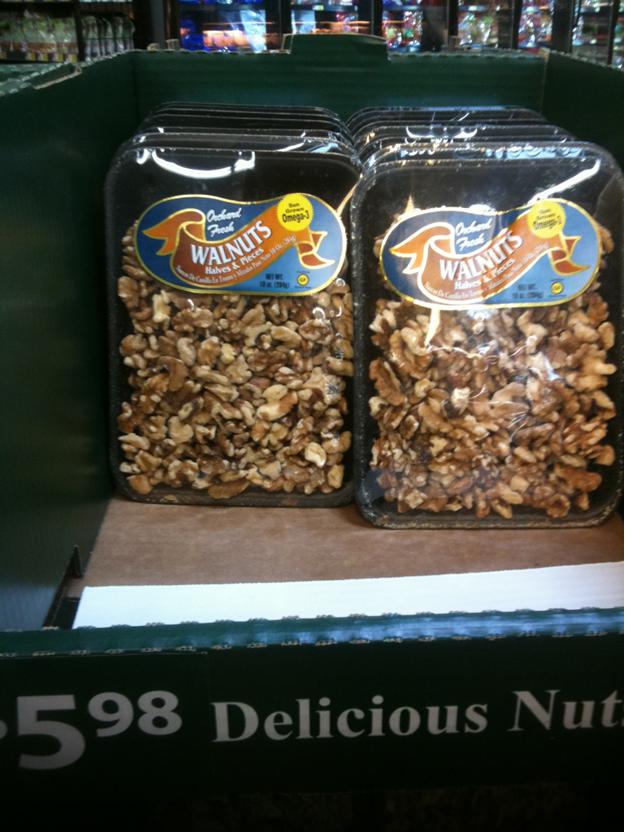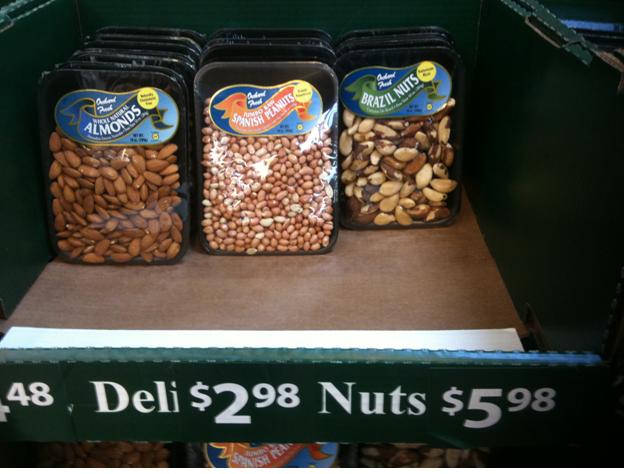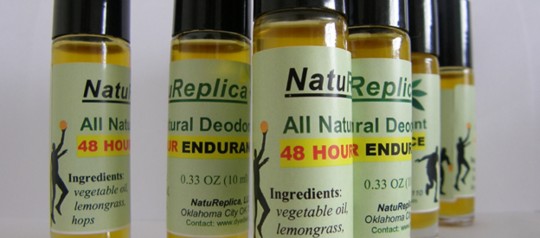DyeDiet Recommended: This is nuts!
Nuts are like natural “health pills” containing high loadings of healthy fats, carbohydrates, proteins, fibers, antioxidants and vital micro-nutrients hard to find elsewhere. Health benefits of nuts include protection from coronary heart disease, help lower blood LDL, have low glycemic index and help increase longevity. Raw nuts are healthier than roasted ones because roasting decreases nutritional value of nuts. Therefore regular consumption of small amounts of raw nuts can reduce the risk of heart disease, some types of cancer, type 2 diabetes and other health problems. Recent studies showed that while all nuts have good nutritional qualities, walnuts are superior to peanuts, almonds, pecans and pistachios.
However it is often not so easy to find raw unsalted nuts at local grocery stores. What you likely can see are salted nuts most of the time.
DyeDiet RECOMMENDED
Located in Texas, Hines Nut Company is a major supplier of tree nuts and peanuts to grocery chains and wholesale grocers throughout the U.S. They import nuts and dried fruits, and export pecans and mixed nuts. Hines Nut Company is capable of providing any volume of these items in various merchantable fashions.
So you have a good chance to find their almonds, peanuts, pecans, Brazil nuts and walnuts at your local Walmart. They are somewhat pricy, varying from $3 to $6 per 10 OZ (284 g) but if you consider them as a food supplement (like I do) a container of nuts will last for a week or two. I personally like Brazil nuts, taking three or four of them three times a day with my meal. According to the Wikipedia, Brazil nuts are 18% protein by weight, 13% carbohydrates, and 69% fat. Some 91% of its calories comes from fat. The fat breakdown is roughly 25% saturated, 41% monounsaturated, and 34% polyunsaturated.
A cup or 133 grams of Brazil nuts contains the vitamins thiamin (0.8 mg—55% DV) and vitamin E (7.6 mg—38% DV); minerals calcium (213 mg—21% DV), magnesium (500 mg—125% DV), phosphorus (946 mg—96% DV), copper (2.3 mg—116% DV), and manganese (1.6 mg—81%), and are perhaps the richest dietary source of selenium (most likely in the form of amino acid selenocysteine); one ounce can contain as much as 10 times the adult USRDA (U.S. Recommended Dietary Allowances), more even than the Tolerable Upper Intake Level (UL), although the amount of selenium within batches of nuts varies greatly. Recent research suggests that proper selenium intake is correlated with a reduced risk of both breast cancer and prostate cancer.
Interestingly, Brazil nuts contain small amounts of radium. Although the amount of radium, a radioactive element, is very small, about 1–7 pCi/g (40–260 Bq/kg), and most of it is not retained by the body, this is 1,000 times higher than in other foods. According to Oak Ridge Associated Universities, this is not because of elevated levels of radium in the soil, but due to “the very extensive root system of the tree.”
Another source of nuts, of course, is the Internet. For instance, Nuts Online offers wide selection of high quality nuts where you can choose between salted and unsalted versions.
Please keep I mind that some people may be allergic to certain kinds of nuts so it is good idea to carefully try a piece or two first to see if there is any negative effect like hay fever or itching.
Bottom line. You do not see the DyeDiet diagram because it is not applicable to the whole foods like nuts having no food additives in it. This means that raw nuts are an important addition to any healthy diet and they are safe for you and your children if eaten in moderation. So, enjoy going raw nuts!
Category: DyeDiet RECOMMENDED, Nuts








